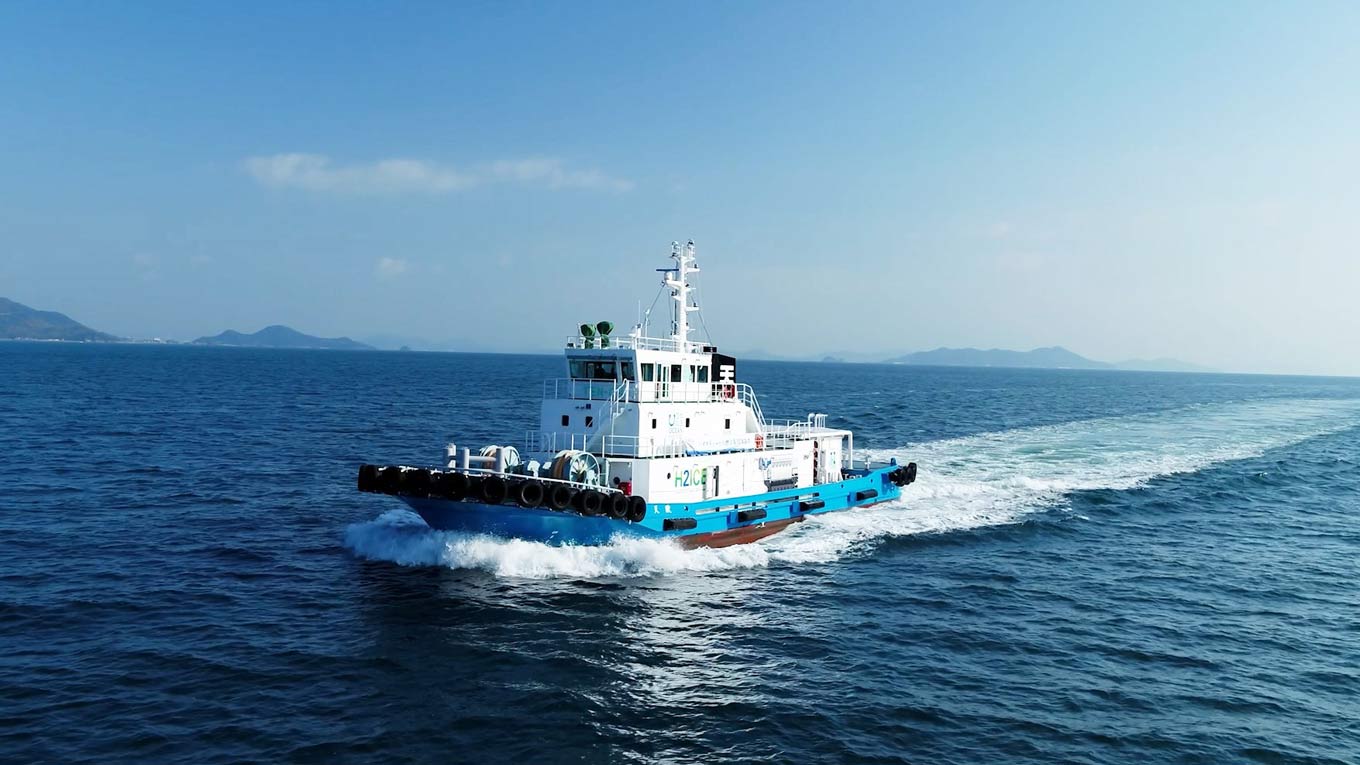Nippon Foundation Nereus Program Reveals Critical State of World's Oceans in 2050Leading world ocean experts in Japan for report announcement

A press conference was held on June 30, 2015, to announce the release of a new report about the sustainability of global marine fisheries in the 21st century titled “Predicting Future Oceans.”
The report is a product of the Nippon Foundation – UBC Nereus Program. It notes that continued CO2 emissions are leading to changes in ocean temperature, acidity and oxygen levels that have been unprecedented over the last several thousand years. These changes in ocean conditions will affect biological productivity in the ocean, impacting organisms ranging from plankton to fishes. Along with overfishing and habitat destruction, climate change is anticipated to lead to a decline in fisheries in many regions and alterations of marine biodiversity and food web structure. While aquaculture will play a role in providing a source of marine protein for a growing global population, the long-term ecological and social sustainability of aquaculture is unclear. An improved framework for global ocean governance will be needed to ensure sustainable fisheries in the future.
At the press conference, Associate Professor William Cheung from the University of British Columbia (UBC) who is also one of the Co-Directors of the Nereus Program said that “the types of fish we will have on our dinner table will be very different in a few decades from now.” He further said that “fisheries will be catching more warm-water species and smaller fish, thus fish supply through both domestic and overseas fisheries as well as imported fish will be affected.”
| Date | June 30th, 2015 (Tues.) 14:00-15:00 |
|---|---|
| Venue | The Nippon Foundation |
| Outline |
|
Related Files
- Speaker Information(PDF / 72KB)
- Nippon Foundation-Nereus Report “Predicting Future Oceans”(PDF / 7.6MB)
Simulation movies (animation)
- “Global drastic change of marine biodiversity and fish distribution expected by 2050”
- “Annual tuna catch is expected to decrease by 800,000 by 2050”
- “What would you be able to eat at a sushi bar in Japan in 2050?”
About the Nereus Program
The Nereus Program is an interdisciplinary ocean research initiative in which the Nippon Foundation is collaborating with seven institutes around the world, including UBC and Princeton University. As the world’s only comprehensive research program focusing on the future of the oceans, approximately 30 fellows and 14 researchers are carrying out interdisciplinary research, covering a wide range of topics from climate to international law. Results are being published in numerous academic journals, including “Science.”
Nereus Program Partner Institutes
- University of British Columbia (Canada): Marine bio-resource management; Socio-economics
- Princeton University (USA): Climate change; ocean environment
- Duke University: Marine Biology; marine spatial planning
- University of Cambridge (UK)/United Nations Environment Programme World conservation Monitoring Centre (UK): Marine biodiversity; coastal environment
- Stockholm University (Sweden): International policy; ocean governance
- Utrecht University (the Netherlands): International Law; United Nations Ocean Convention (UNCLOS)



